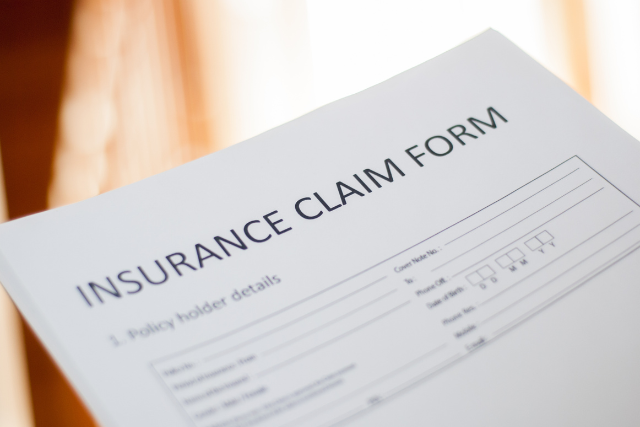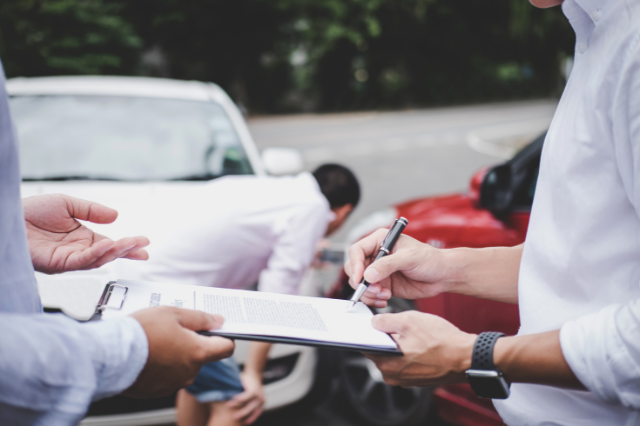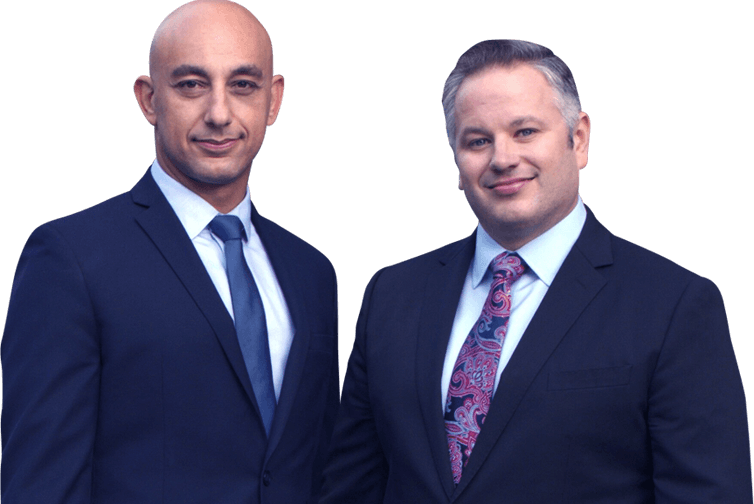It happens to the best of drivers, especially in car-congested Southern California. One minute you’re driving to your destination and the next you find yourself in a fender bender. Getting into a car accident can be nerve wracking for anyone, but if you or your vehicle suffer damages, you may need to file an insurance claim. Here, we’ve put together a guide to explain how the car insurance claim process works, from reporting an accident to, most importantly, when to call in expert legal help.
Understanding the Car Insurance Claim Process
A car insurance claim involves notifying your insurance carrier that you were in an accident. After that, your benefits may be accessed so any damages your vehicle incurred or injuries you sustained can be covered. A car insurance claim will only be approved if your insurance policy covers it.
How to Get the Car Insurance Claim Process Started

First, call the police even if there appear to be no injuries. Documenting the incident officially is crucial. In some areas, police may respond to every accident scene. Remember to stay calm, take photos and exchange information with the other driver if you’re able to.
1. Contact Your Insurance Provider
Even if it looks like a minor fender bender, it’s important to inform your car insurance company about the accident as soon as possible — whether you were at fault or not. Get as much information as possible at the accident site to provide to your insurance. You can often file a claim via your insurer’s website or mobile app, or speak with an agent.
2. Review and Understand Your Car Insurance Policy’s Coverage
Knowing how you’re covered will help you know what to expect regarding your car insurance claim.
For example, your policy’s car insurance deductible indicates how much you pay out of pocket on a covered claim. On the other hand, your coverage limits represent the maximum dollar limit your insurer could pay out in a certain category.
3. Talk to an Insurance Adjuster
An insurance adjuster should reach out to you within a few days after filing your claim. The adjuster will inspect for any car damage, address personal injury claims and review all of your documentation.
4. Take Your Car to a Repair Shop
Although your car insurance company may offer you a list of vetted repair shops to choose from, you aren’t required to use them. You can arrange for your car to be repaired on your own.
If your car needs repairs, find out if your insurance policy pays for a rental car. If your policy has rental car reimbursement coverage, you are covered for a car rental regardless of who is at fault, up to your policy’s limits. However, if you weren’t at fault in the accident, the at-fault driver’s policy may cover a car rental while yours is being repaired.
5. Obtain Payment
Once the adjuster has completed the investigation, he or she will make a settlement offer. This offer is to compensate you for vehicle repairs, medical expenses and any other damages they may find. The amount will depend on your policy’s limits and the degree of fault assigned to you and the other driver.
What You’ll Need to Submit a Car Insurance Claim

- Each car’s make, model, year and license plate information
- A copy of the police report
- Your insurance policy number and driver’s license
- Contact information, driver’s licenses and car insurance information for everyone involved in the accident
- Written account (including any witness information and details) and photos of the accident
What to Expect After Filing a Car Insurance Claim
Typically, a car insurance claim may take anywhere from a few weeks to a month to investigate and resolve. However, that timeframe can extend to several months or longer if there is extensive vehicle damage, fault disputes or severe injuries.
If your claim is denied, review the reason for the denial, obtain additional evidence and consider appealing or seeking legal advice. An experienced attorney can review your case and provide additional legal options.
When Should You Call a Lawyer?

- Disputed Fault: If fault in the accident is contested and you believe you are being unfairly blamed.
- Severe Injuries: When the accident results in significant medical issues, legal expertise can ensure all medical costs are covered.
- Low Settlement Offer: When the insurance settlement doesn’t cover all your expenses or damages, a lawyer can negotiate on your behalf.
- Complicated Claims: Some claims involve legal complexities beyond straightforward damage and injury.
Undoubtedly, consulting with a lawyer can be a game-changer in protecting your rights and receiving fair compensation. Most car accident lawyers do not require payment upfront to get started on your case. Don’t jeopardize your claim by going it alone. An experienced attorney is your best ally when faced with car insurance claim challenges.
Struggling with a car insurance claim after a crash?
El Dabe Ritter Trial Lawyers’ seasoned attorneys offer expert representation to guide you through the car insurance claims process. Reach out now for your free case evaluation and get the support you deserve.
FAQs
Which Car Insurance Coverage is Right For Me?
These various types of car insurance coverage are available to protect you, your vehicle and your passengers in case of an accident:
- Collision — Helps pay to repair or replace your car if it collides with another vehicle or object (such as a fence)
- Comprehensive — Helps pay to repair or replace a covered vehicle from a loss not caused by a collision, such as a stolen vehicle
- Gap Insurance — An optional car insurance coverage that pays the difference when your loan amount is more than your vehicle is worth
- Liability — Pays for property damage and/or injuries to another person caused by an accident in which you are at fault
- Medical Payments — Covers medical bills and funeral expenses for you and your car passengers, regardless of who’s at fault for the accident
- Uninsured/Underinsured Motorist — Uninsured motorist coverage may help pay for your medical bills and in some states cover your vehicle’s repairs. Underinsured coverage protects you if you are hit by a driver who doesn’t have enough coverage to pay for the damages or injuries they caused.
Will My Car Insurance Rate Go Up?
You’ve filed a car insurance claim, gotten your vehicle repaired and received a payment. After all that, you may find your insurance rate going up. Accidents you cause will almost always raise your insurance rate. However, some states may not raise the premium if the accident damage falls under a certain dollar amount.
Some insurance companies offer accident forgiveness programs, so your rate won’t increase after certain types of accidents, such as first-time or smaller accidents. Your exact rate increase will depend on your insurer and on the type of accident you were involved in.
Depending on the state and insurer, no-fault accidents may still increase your rate. They may also stay on your driving record for a number of years. A comprehensive claim such as acts of nature or car vandalism might increase your rate because insurers may view you as a higher risk for filing more claims.
Fortunately, you don’t have to stay with your current provider if your rates do go up following an insurance claim. You may be able to find more affordable rates, even with your current insurance claim, with another provider.
Getting into a car accident can be a stressful ordeal, even if it wasn’t your fault. Educating yourself on how a car insurance claim process works is the first step to ensuring you receive fair compensation in case of an accident.
Hiring an attorney can also provide invaluable support and expertise, from ensuring you receive fair compensation to handling complex legal procedures.
How is Liability Determined?
In California, car accident liability is based on fault. The state uses a comparative negligence rule, where fault can be shared among multiple parties.
Fault is determined by negligence, which is defined as “failure to use reasonable care to prevent harm” (think texting while driving or running a red light).
If you are found partially at fault, you can still obtain compensation. However, the settlement amount will be reduced by your degree of blame. That means if you are 15 percent liable for a collision, you would be responsible for 15 percent of damages.
If your car is declared a total loss under your collision or comprehensive coverage, you will receive the vehicle’s market value payment minus your deductible.
Free Consultation for Car Accident Claims
Maximize Your Insurance Compensation with Expert Legal Help

Don’t settle for less—maximize your claim! Call (213) 985-1120 or fill out the form below to schedule your free car accident consultation and let us steer you towards the compensation you deserve.

